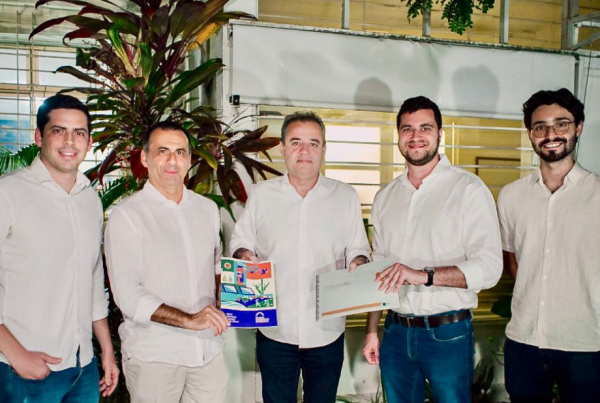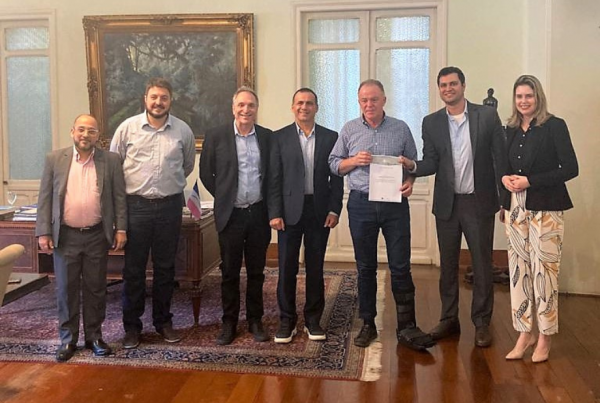Recently, the conservative magazine Time chose as its cover story a striking critique of what it defined as the financialization of contemporary capitalism. In other words, this means an economy in which financial capital fails to adequately supply the productive sector and circulates mainly in a separate world, one of multiple forms of speculation. This situation contributes to the stagnation of the world economy, with mediocre growth and the constant risk of recession, despite low interest rates and inflation (Brazil is an extreme case: recession with inflation and high interest rates). Globally, financialization contributes, among other factors, to structural unemployment, poor growth, income concentration, indebtedness, and public deficit, which have incited austerity measures that tend to generate vicious circles.
At the same time, climate change has become a major challenge for humanity in this century. Its consequences are already clearly visible: greater and more frequent floods and inundations; the accelerated melting of glaciers at the poles and in mountain ranges; the increase and acidification of the oceans – which have come with alarming scientific predictions of heat waves, droughts, forest fires, huge losses in agriculture and food production, repeated damage to urban health, transport and communications infrastructure, as well as new risks of new pests and diseases, migration, tension and conflict. The civil war in Syria was preceded by five years of drought, a collapse in agriculture, and mass migration to the urban outskirts.




